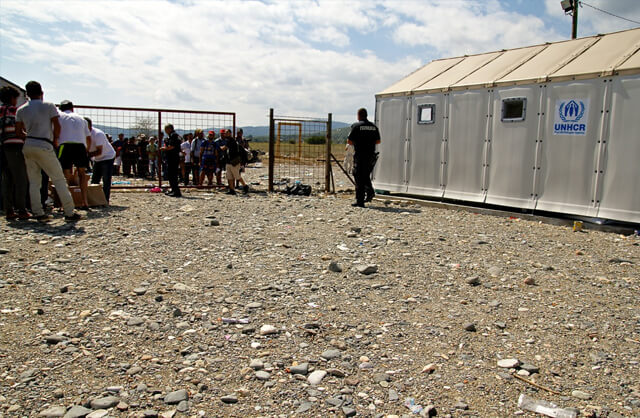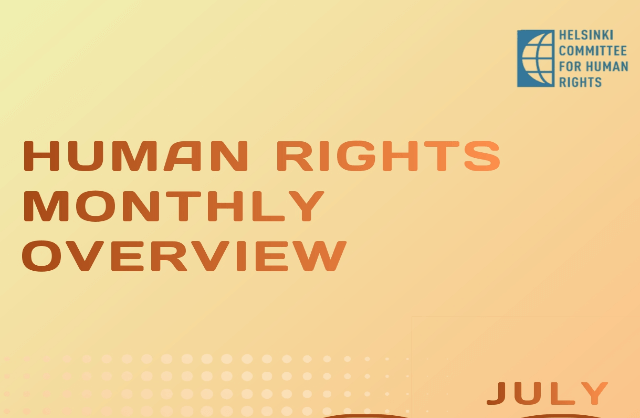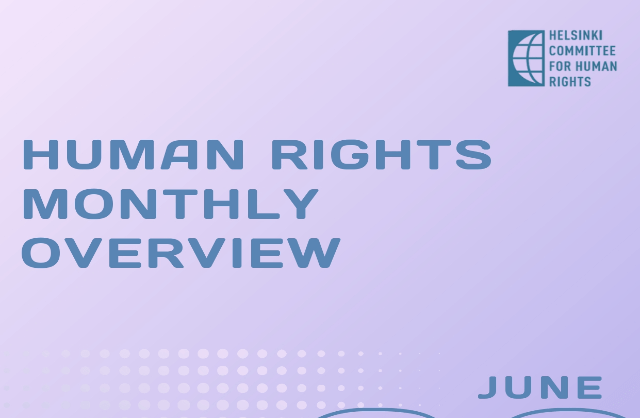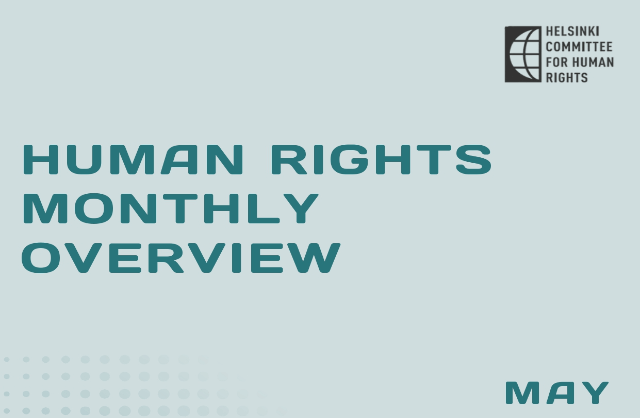The situation at the border crossings Gevgelija and Kumanovo for the period: 18.01.2016 – 24.01.2016
January 27, 2016

The weekly report on the situation at the border crossings Gevgelija and Kumanovo includes the following topics: Available facilities and conditions at the camp and Institutional treatment.
Gevgelija
Available facilities and conditions
7,698 refugees were registered within this period, which is 40% percent less than last week when there were 12,917 registered refugees. This situation comes as a result of two factors: firstly, the reported malfunction of the railroad in Slovenia due to which the Slovenian service asked that the transiting of refugees from Greece, Macedonia and Serbia be stopped; and secondly, the two-day protest of the Greek marines (21-22.01.2016), which resulted in a minimal number of refugees in the camp.
A new canopy is being set up in the camp, between the two big tents, in immediate vicinity of the railroad, on the spot where the refugees board the train.
In the course of the week, a high UNHCR representative from Geneva, Switzerland, visited the camp, together with the president of UNHCR in the Republic of Macedonia. Towards the end of the week, representatives of Frontex also paid a visit.
Institutional treatment
The so-called “economic migrants”, caught by the police in the nearby villages and fields, travelling down illegal roads, are being deported back to the Greek border on daily basis.
Most often Macedonian railroads only operated with one instead of two (or more) stands where refugees buy their tickets. This decelerates and hinders the boarding process, and exposes both the refugees and the conductors to the cold weather for extended periods of time.
The Helsinki Committee recommends that the stands where the tickets are purchased should be open for a longer period of time before the train arrives, or there should be more than one functioning stand, in order to speed up the purchase of tickets.
Although the police actions in the camp are generally within the scope of the legal authorization of the police officers, sporadic inappropriate behaviors have been have been observed by individual members of the Hungarian and Serbian police force deployed in the camp.
What is new is that in the documents that the refugees fill in during registration, now it is also necessary to designate the “final destination”, i.e. the state that the person wants to seek asylum to. At the same time, only Germany and Austria are being offered to the refugees as countries for their “final destination”.
Kumanovo
Available facilities and conditions
The preparations for a kitchen where meals will be prepared and served are coming to an end in the camp.
On the 19.01.2016, a refugee from Syria who had arrived with his wife to the Vinojug Camp, Gevgelija, was in seriously bad health, and after he was taken to a hospital with a vehicles of the Red Cross, first to Kumanovo and then to Skopje, he passed away on the way to the hospital. At his wife’s request, he was buried the following day on a Muslim graveyard with an adequate ceremony.
The number of so-called “economic immigrants” originating from countries other than Syria, Afghanistan and Iraq (for example: Morocco, Somalia), varies in the camp on daily basis, fluctuating between 4 and 10. On 21.01.2016, 10 refugees were deported back in the Tabanovce camp from the Serbian side for possessing false documents, i.e. presenting themselves as coming from Syria, Afghanistan and Iraq, while they were, in fact, from Iran.
Institutional treatment
The number of police officers on field is minimal, and those who are deployed carry out their tasks in a professional manner.
On those days when the number of refugees is reduced, the presence of non-governmental organizations and activists in the camp is also reduced.
 This report is made possible by the generous support of the Foundation Open Society Institute (FOSI) within the project „Improvement of the rights protection for migrants and asylum seekers in the Republic of Macedonia“. The contents are the responsibility of the Helsinki Committee for Human rights of the Republic of Macedonia and do not necessarily reflect the views of FOSI.
This report is made possible by the generous support of the Foundation Open Society Institute (FOSI) within the project „Improvement of the rights protection for migrants and asylum seekers in the Republic of Macedonia“. The contents are the responsibility of the Helsinki Committee for Human rights of the Republic of Macedonia and do not necessarily reflect the views of FOSI.


